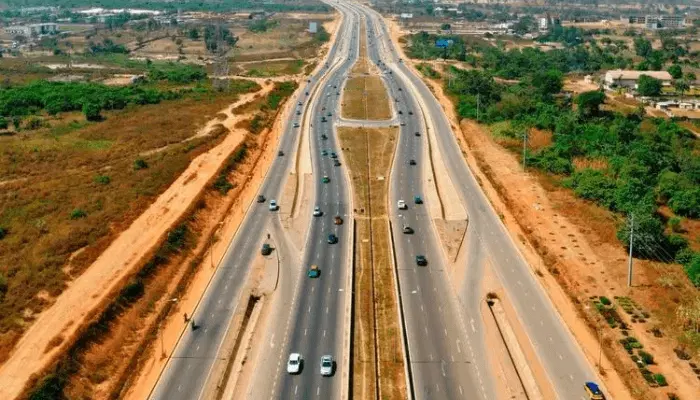The federal government has said that plans were afoot to build retaining walls along Chainage 18 of the ongoing Lagos-Calabar coastal highway project to protect infrastructure from marine attacks, flooding and torrential waves coming from the shorelines.
Umahi made this known at the stakeholder engagement meeting organised by the Ministry of Works.
Umahi said,” We will do a shore protection base to prevent the water tides from eating into the infrastructure.”
He said retaining walls will be introduced to keep sand and protect against flooding due to flooding and sand usage, particularly since houses along the stretch have been submerged.
The Minister noted that the first phase of the highway is expected to be completed within 36 months, with 20 kilometres of the first section anticipated to be ready before the deadline.
The minister highlighted the significant investment and tourism opportunities that would be generated upon the completion of sections of the Lagos-Calabar Coastal Highway.
He said, “And, of course, we also have foreign investment in this project because 70 per cent of this project is dollar-based, on loans with as low as 2.5 per cent single-digit interest. We will toll the road, and Nigeria will recover all the money spent within 10 years.”
Umahi commended Hitch Construction Company on the satisfactory progress of various construction processes, including dredging, excavation, dewatering, sand filling, and placement of crushed stone base.
He said, “We will continue to say that this project is in the most transparent form, and you can see the level of work being done. I was delighted when I entered section one and saw this road’s beauty. And I say, look, if the road of Earth can be like this, the coastal road can be, how beautiful it is. I’m happy with their progress. This project is a viable one that will generate revenue for the government,” he said.
Also, Dany Abboud, the managing director of Hitech Construction Company Limited, provided updates on the Lagos-Calabar Coastal Highway project.
According to Abboud, the team encountered challenges that required excavating 10 meters deep and are working to finalise designs to address the issues.
“The construction team is working diligently to complete the project, with 20 kilometres of the first section anticipated to be ready before the deadline. Marine engineers provide crucial information to structural engineers, who will submit their designs soon. Once approved, the project will continue with the necessary assessments,” he explained.





